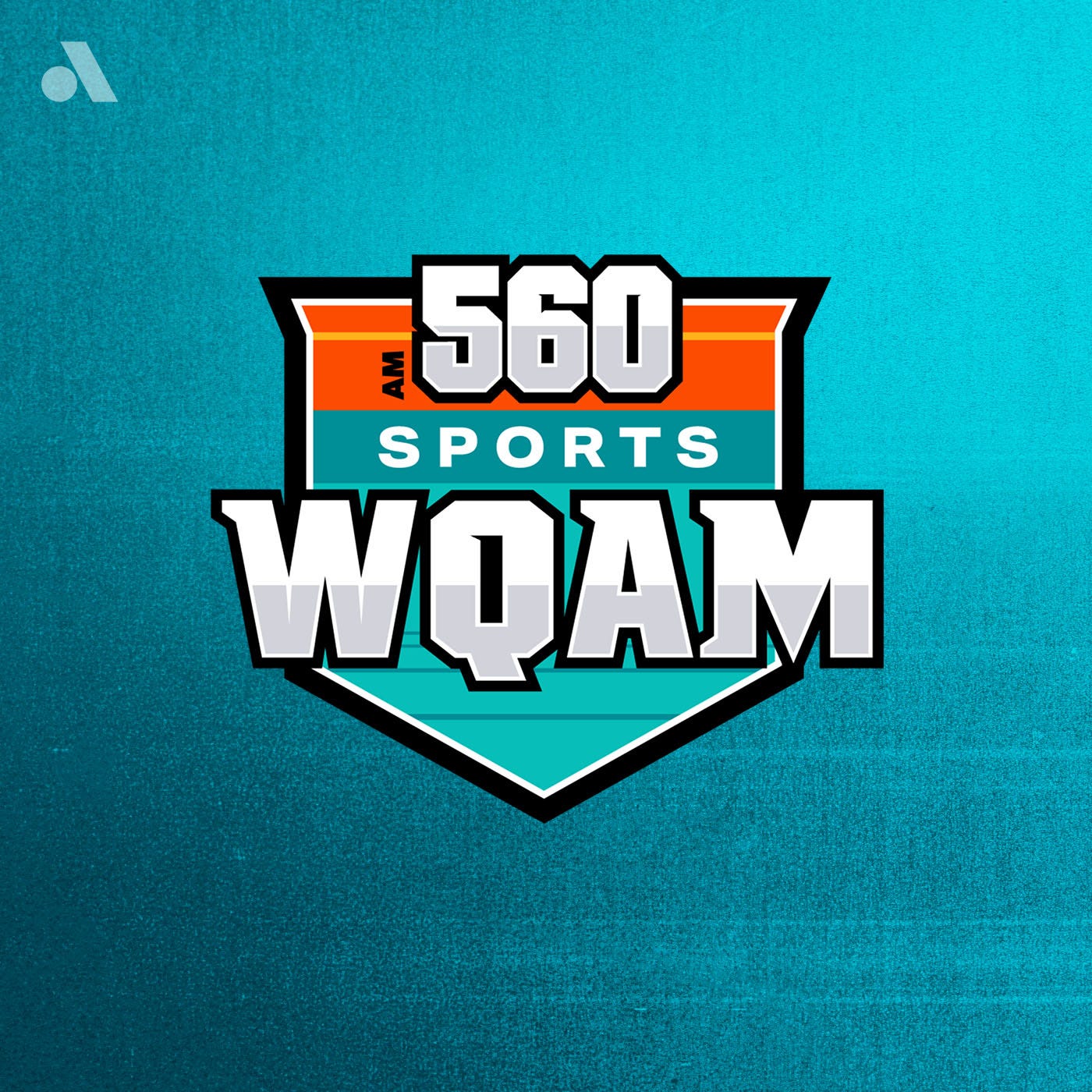Journeyman quarterback Teddy Bridgewater, who has started for four teams in as many years (New Orleans, Carolina, Denver and now Miami), spent most of Sunday’s game as a spectator, a result of the NFL’s new concussion protocol preventing players from returning to the field after showing signs of “gross motor instability.” Filling in for injured starter Tua Tagovailoa, whose concussion last week prompted the new policy, Bridgewater threw all of one pass before heading to the sideline, missing the remainder of the game despite passing all team-administered tests. With Bridgewater absent, the Dolphins were forced to rely on third-string quarterback Skylar Thompson, who managed just 166 passing yards (57.6 completion percentage) with two turnovers in a loss to the Jets.

Former NFL quarterback Danny Kanell, now a media personality contributing to CBS Sports and Sirius XM, joined many in lamenting the league’s new protocol, dismissing the changes as an “overreaction” to the Tagovailoa incident.
Kanell isn’t necessarily wrong, as the league needed to react swiftly after its PR nightmare with Tua (when confronted with backlash, commissioner Roger Goodell’s MO has always been to overcorrect). Certainly, there are optics to consider with Miami not wanting to repeat its past mistakes by putting Bridgewater in harm’s way so soon after what happened to Tagovailoa.
A ruthless game played by giants, each more imposing than the next, football’s “gladiator” mentality has long been its biggest selling point with fans, which presents quite the conundrum given what we now know about CTE. Playing with a bad knee or ankle is one thing (though dulling the pain with habit-forming opiates is equally problematic, not to mention the effects of anesthesia on the brain), but concussions present a unique risk with sufferers frequently experiencing a diminished quality of life. Even if the NFL is merely protecting itself from legal ramifications (the league has already paid out over $1 billion in class-action lawsuits brought by concussion victims and their families), erring on the side of caution is never a bad thing.
You could argue the Bucs got away with one (though Grady Jarrett's bogus roughing the passer call likely had more to do with Tom Brady having his own set of rules than any concussion policy), while Bridgewater’s early exit no doubt torpedoed its fair share of fantasy teams Sunday. But isn’t that better than the alternative—a silent stadium holding its breath, hoping and praying the player being tended to didn’t suffer a career or even life-threatening injury?
LISTEN on the Audacy App
Sign Up and Follow Audacy Sports
Facebook | Twitter | Instagram

